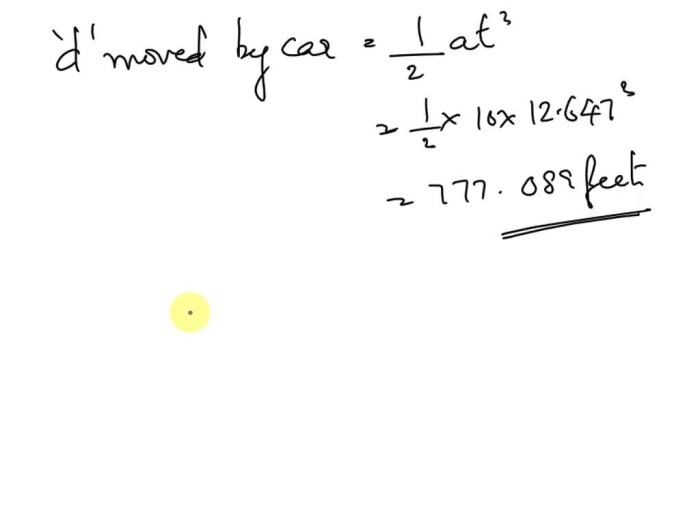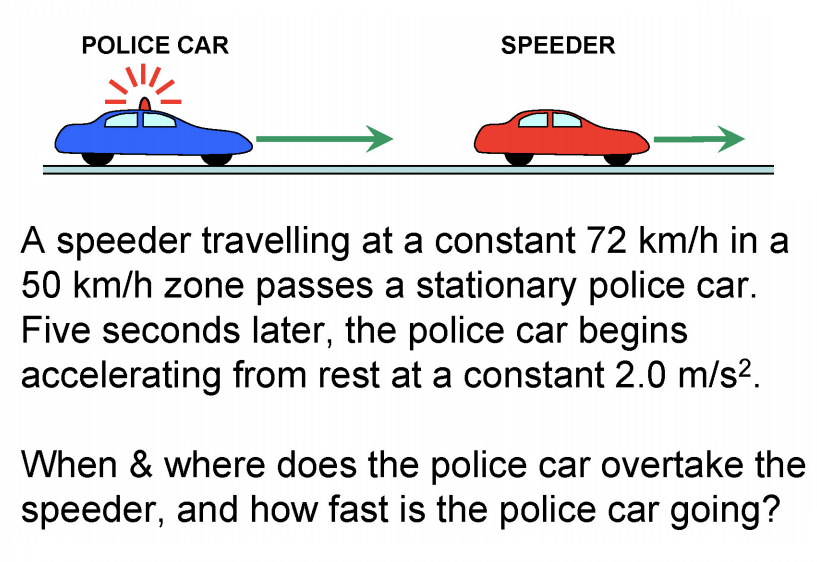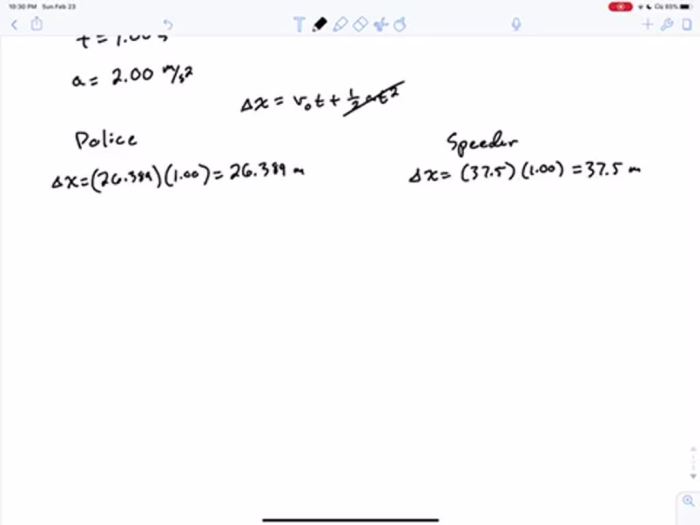A speeder passes a parked police car, an occurrence that raises questions about driver behavior, police response, legal implications, safety concerns, and prevention measures. This captivating scenario invites us to delve into the complexities surrounding this action, examining the perspectives of both the driver and the officer involved.
The following paragraphs explore the potential motivations, emotions, and legal ramifications associated with speeding past a parked police car. We will also delve into the safety risks involved and discuss strategies for preventing such occurrences.
A Speeder Passes a Parked Police Car

The sight of a parked police car often elicits a range of reactions from drivers. Some may slow down out of caution, while others may be tempted to speed past, hoping to avoid detection.
Driver’s Perspective, A speeder passes a parked police car
Drivers who speed past parked police cars may have various reasons for doing so. They may be in a hurry and believe they can get away with it, or they may be unaware of the consequences of their actions. Some may even feel a sense of invincibility or defiance towards authority.
When a driver speeds past a parked police car, they may experience a mix of emotions. They may feel a sense of excitement or thrill, or they may be anxious about the possibility of getting caught. They may also rationalize their behavior by convincing themselves that the police officer is not paying attention or that they have a valid excuse for speeding.
Common scenarios where drivers might speed past a parked police car include:
- Being late for an appointment or meeting
- Trying to avoid getting a speeding ticket
- Feeling invincible or defiant towards authority
- Being unaware of the consequences of their actions
Police Officer’s Perspective
From the police officer’s perspective, a driver who speeds past a parked police car is committing a traffic violation. The officer may choose to pursue the speeder for various reasons, such as enforcing the law, deterring other drivers from speeding, or ensuring the safety of the public.
When deciding whether or not to pursue a speeder, the officer will consider several factors, including the severity of the violation, the traffic conditions, and the potential safety risks. If the officer decides to pursue the speeder, they will typically activate their lights and siren and attempt to stop the vehicle.
Officers may have different perspectives on why drivers speed past parked police cars. Some may believe that drivers are simply being reckless and disrespectful, while others may understand that there may be extenuating circumstances. However, all officers agree that speeding is a dangerous behavior that can have serious consequences.
Legal Implications
Speeding past a parked police car is a traffic violation that can result in a fine or other penalties. The specific consequences will vary depending on the jurisdiction and the severity of the violation.
In some cases, drivers may be charged with reckless driving or other more serious offenses. If the driver has a history of traffic violations, they may also face additional penalties.
Drivers who receive a speeding ticket for passing a parked police car can contest the ticket in court. However, it is important to note that the burden of proof is on the driver to show that they did not commit the violation.
Safety Concerns
Speeding past a parked police car is a dangerous behavior that can increase the risk of an accident. When a driver speeds, they have less time to react to hazards and are more likely to lose control of their vehicle.
Accidents involving speeding drivers can be particularly serious, as they often result in severe injuries or fatalities. In some cases, speeding drivers may also cause damage to property or infrastructure.
Examples of accidents that have occurred as a result of drivers speeding past parked police cars include:
- A driver who was speeding past a parked police car lost control of their vehicle and crashed into a tree, killing themselves and a passenger.
- A driver who was speeding past a parked police car ran a red light and collided with another vehicle, injuring several people.
- A driver who was speeding past a parked police car swerved to avoid hitting a pedestrian and crashed into a parked car, causing extensive damage.
Prevention Measures
There are several things that drivers can do to avoid speeding past parked police cars. These include:
- Paying attention to the road and being aware of your surroundings
- Obeying the speed limit and driving at a safe speed
- Being aware of the potential consequences of speeding
- Slowing down when you see a parked police car
Law enforcement can also play a role in preventing speeding. This includes:
- Enforcing the speed limit and issuing tickets to speeding drivers
- Educating drivers about the dangers of speeding
- Using technology to deter drivers from speeding, such as speed cameras and radar detectors
Popular Questions: A Speeder Passes A Parked Police Car
What are the potential legal consequences of speeding past a parked police car?
The legal consequences vary depending on jurisdiction but may include fines, license suspension, or even jail time in severe cases.
What are some tips for drivers to avoid speeding past parked police cars?
Be aware of your surroundings, obey speed limits, and avoid distractions while driving.
What role does law enforcement play in preventing speeding?
Law enforcement conducts traffic patrols, issues citations, and implements educational programs to deter speeding and promote road safety.


